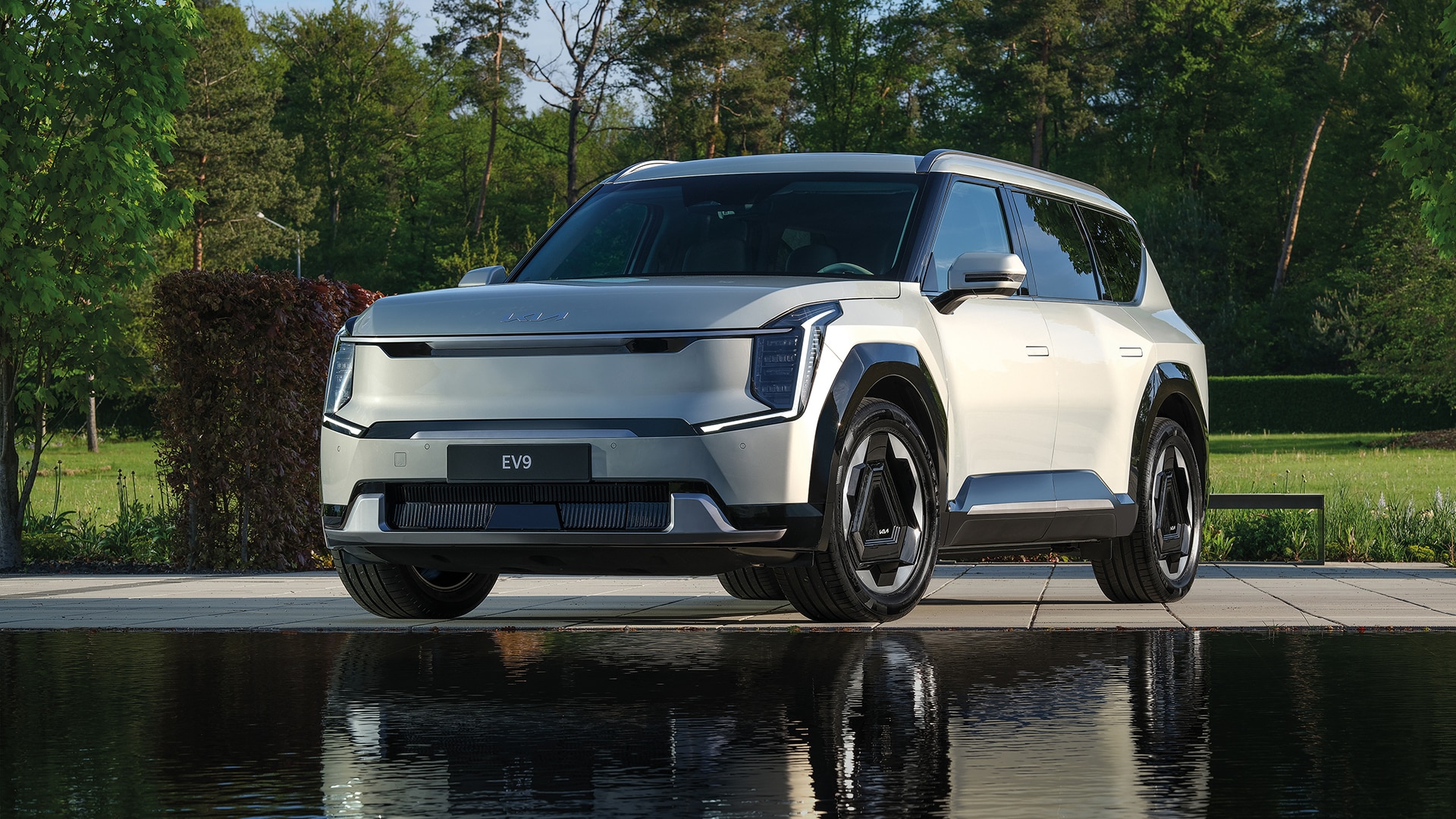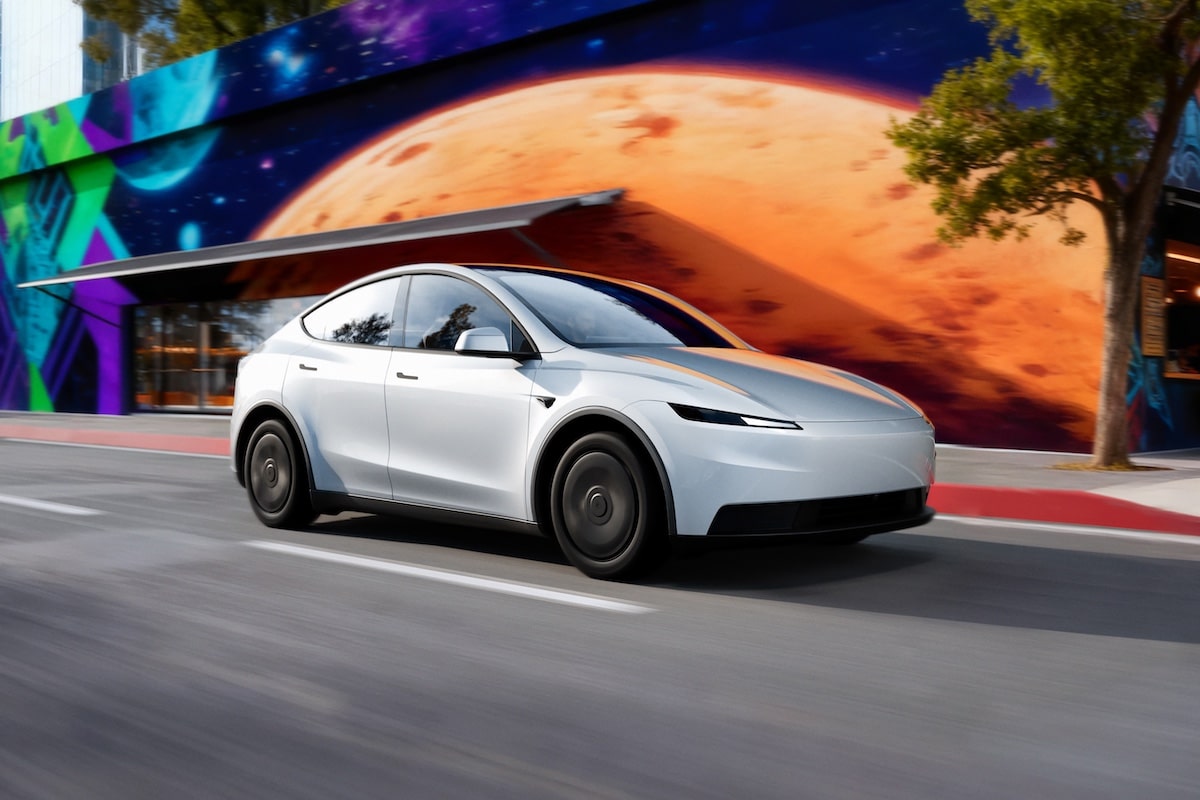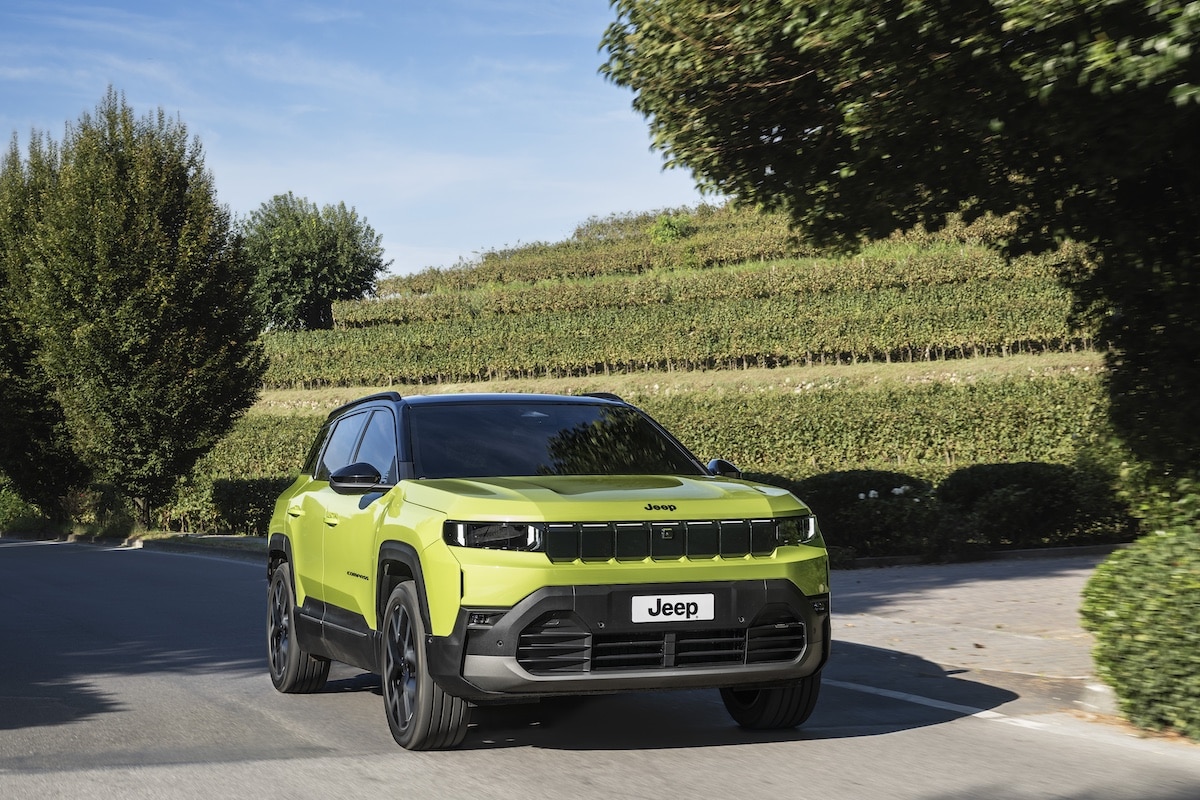Malus Weights 2024: Grab Your Calculator (and Your Tissues)

In 2024, the Weight Penalty will be stricter with the trigger threshold lowered from 1800 to 1600 kg. It’s going to be expensive!
It was a bit of the penalty that nobody talked about because its effectiveness went under the radar. Since January 2022, the “Tax on the curb weight,” or TMOM for short, was limited to gasoline and diesel thermal vehicles over 1800 kg. Needless to say, this was a small segment of the French car fleet.
So, the Government decided to tighten the tone starting January 1, 2024. From now on, the trigger threshold will be lowered by 200 kg to start at 1600 kg. Another new feature is that the Penalty based on weight will be progressive: the heavier the car, the higher the cost per excess kilogram.
| Curb weight (kg) | Cost per additional kilogram |
| Up to 1,599 kg | 0 € |
| From 1,600 to 1,799 kg | 10 € |
| From 1,800 to 1,899 kg | 15 € |
| From 1,900 to 1,999 kg | 20 € |
| From 2,000 to 2,100 kg | 25 € |
| From 2,100 kg onwards | 30 € |
Hybrids now penalized
Until now exempt from the ecological penalty, plug-in hybrids are being caught by the clampdown. Their very low fuel consumption thanks to their batteries – rarely recharged, unfortunately – no longer fool the government, which now distinguishes between weight and consumption. From 2024, electric ranges below 50 km will be taxed like a thermal vehicle. Beyond 50 km in electric mode, a 100 kg deduction will apply.
Example with a Peugeot 3008 Plug-In Hybrid 225. With an empty weight of 1838 kg, its electric range varies between 57 and 65 km. It will be taxed based on 1738 kg. That is 10 euros x 138 kg = 1380 euros.
The electric cars too
The same logic applies to electric cars (without considering range), but with a weight deduction of 300 kilograms.
Example with a Tesla Model Y Propulsion with an empty weight of 1984 kg. Its taxation will be 300 kg lower, at 1684 kg. That is 10 euros x 84 kg = 840 euros. With a weight of 1836 kg, the Model 3 will, conversely, still be exempt from the Weight Penalty but should no longer benefit from the ecological bonus due to its production in China.
What about large families?
For families with three or more children, the ecological penalty and weight penalty are reduced: -20 g CO2/km and -200 kg per child. That is -60 g and -600 kg. A great advantage to avoid having to buy a large vehicle. In this scenario, the Peugeot 3008 and Tesla Model Y mentioned earlier are exempt from taxes.
An not-so-stupid idea, after all?
Indeed, it is an additional tax, but it makes sense socially and environmentally. Why? Because heavier vehicles require more resources, raw materials, and energy to move. Regardless of whether it’s fuel or electricity, they must be produced and not wasted.
Thus, France sends a message that it is better to opt for small, frugal, and economical cars rather than large SUVs with unnecessary daily range. It’s a gesture for the planet that deserves recognition.
Furthermore, large, heavy, and energy-consuming vehicles are purchased by drivers with higher financial means. In the government’s view, they are no longer a priority for absorbing ecological bonuses ranging from 5,000 to 7,000 euros.
In conclusion, know that the combined ecological CO2 penalties and Weight Penalty will not exceed 60,000 euros in 2024…
ALSO READ: Ecological Penalty 2024: farewell, gasoline engines!
This page is translated from the original post "Malus Poids 2024 : sortez votre calculette (et vos mouchoirs)" in French.
We also suggestthese articles:
Also read




